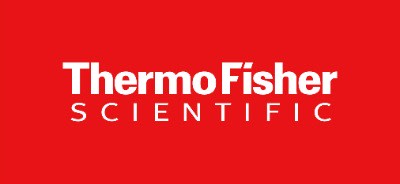Highly specific antibodies for Parkinson's Disease focused on recombinant technologies
Virtual Seminar
Available On Demand
Sponsored By


About This Seminar
Antibodies are one of the most widely used reagents in scientific research and are indispensable when characterizing proteins and studying cellular functions. The ability to successfully reproduce and verify experimental results depends on using antibodies that detect the correct target in the application of interest. At Thermo Fisher Scientific, we use a comprehensive approach for antibody specificity verification that is tailored to the antibody target and the relevant applications. Rather than focusing on a single method for specificity verification, we employ numerous approaches including knockout, knockdown, cellular treatment, and relative expression, and cover a wide range of applications such as western blotting (WB), immunocytochemistry (ICC), immunohistochemistry (IHC), flow cytometry, and ChIP assays. Enhanced verification of antibodies gives scientists confidence in selecting the best antibody for their research needs and avoids the generation of erroneous results, wasted time, and resources. Our efforts in antibody specificity and application verification are complemented by the generation and/or testing of high-quality, sensitivity, and specificity antibodies such as recombinant antibodies (rAbs). rAbs possess many advantageous attributes that outperform traditional monoclonal antibodies. In support of our efforts, our collaborators from YCharOS, an open science company, will speak to the importance of highly validated and reproducible antibodies and will discuss recent testing of Parkin antibodies and how they relate to the study of Parkinson's Disease. This work on Parkin by YCharOS was supported by The Michael J. Fox Foundation for Parkinson's disease.